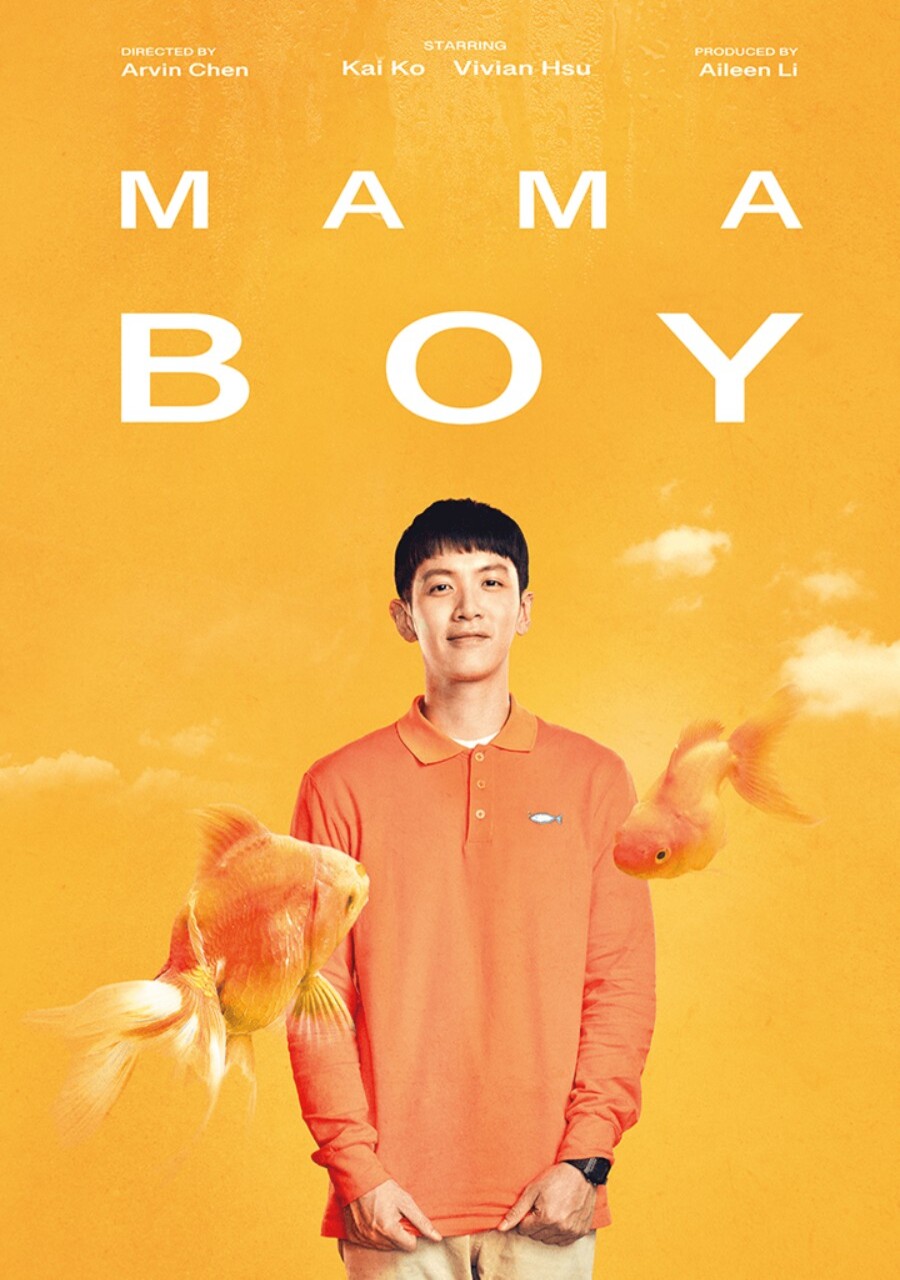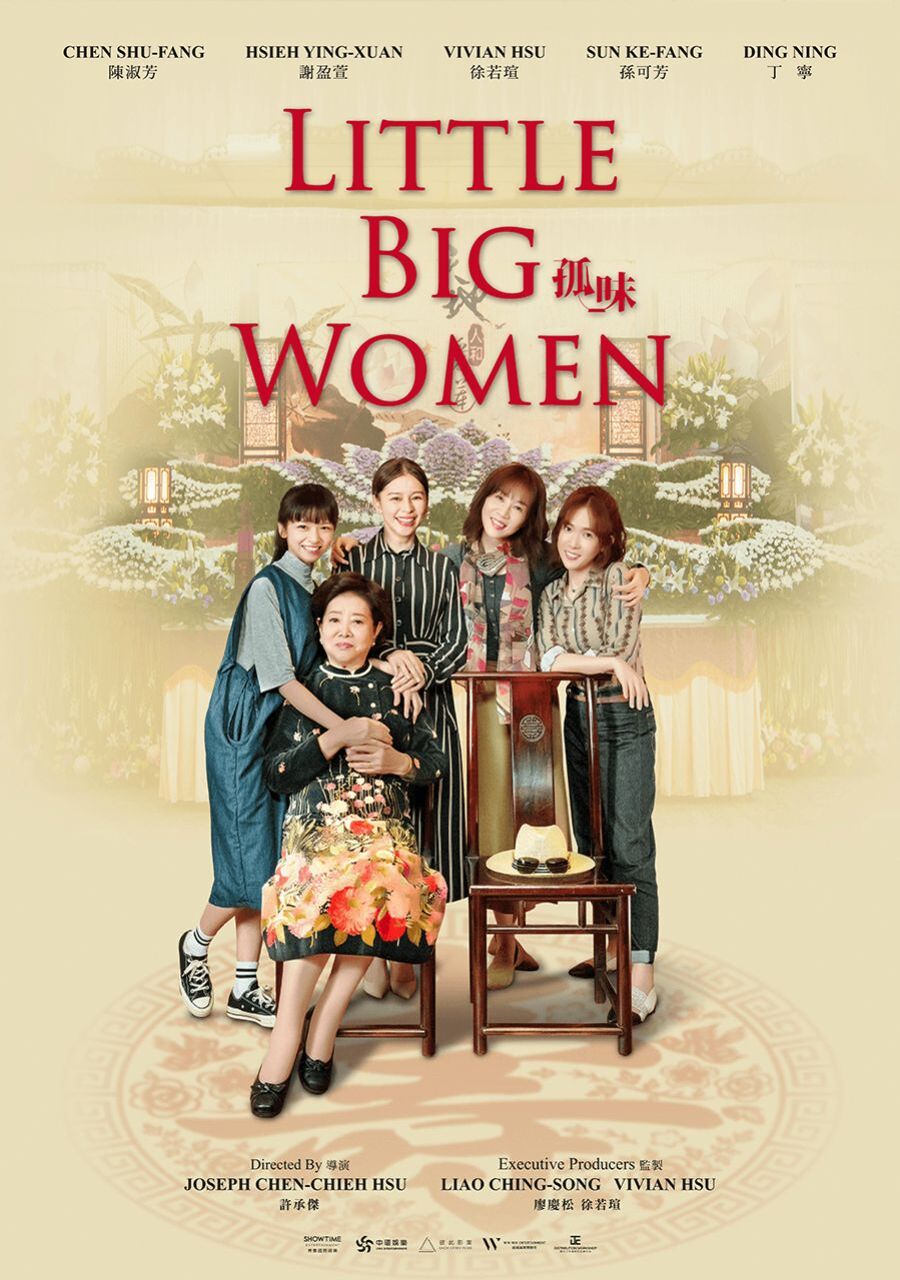
Taiwanese-American director Arvin Chen takes 'Mama Boy' to world
- Posted on
- 2022-05-07
- Source
- Taiwan News
"My movies are authentic to Taiwan, but I try to make them for everyone I know, which is not only Taiwanese people.”
So says Arvin Chen (陳駿霖), who has returned after a nine-year break with the quirky rom-com "Mama Boy," and as if to stress the point the director chose the Far East Film Festival in Udine, northern Italy, for the film’s world premiere on April 25.
"It just felt like the right time and place" is how the Taiwanese-American filmmaker explains the move during a Zoom session. "I'm only sad I couldn't be there".
Chen couldn't attend the festival as some last minute COVID-related family issues had come up, but the warm reception "Mama Boy" received in Udine speaks volumes about his declared intention of producing a film that could be appealing to an international public as well as to Taiwanese audiences.
Chen grew up in the U.S. and has only lived in Taiwan for the last 10 or so years. He studied at Berkeley and was a pupil of the great Taiwanese auteur Edward Yang. As in his previous films, "Au Revoir Taipei" (2010) and "Will You Still Love Me Tomorrow?" (2013), "Mama Boy" skillfully mixes some authentically Taiwanese elements with a universally accessible plot and style of storytelling.
The film tells the bittersweet story of a young man (Kai Ko, 柯震東) whose mother controls every aspect of his life, from working to dating. One day, his cousin drags him to a brothel to help him lose his virginity, but the young man shows no interest in the attractive girls who work there. Instead, he falls in love with the brothel’s maitresse, Sister Lele (Vivian Hsu, 徐若瑄), an experienced and disillusioned woman who is a mother herself.
"In Asia, there are a lot of these kids that have very overbearing mothers, so I thought: What would happen to a kid with such a controlling mom? He could only be attracted to another mother," says Chen, who described the film as being "very personal."
The director has tapped into the issue of controlling families and domineering mothers, or "tiger moms." While their control is usually oriented around education, it often involves their sons' love life too, says Chen. "There is still the idea that the mother is responsible for finding a suitable wife for her son," he says.
Chen chose to address the topic through an approach that includes plenty of laughs. For those living outside Asia, he also trains his focus on the nature of the region's "love hotels.”
"In the East, definitely more than in the U.S., there is this culture of love hotels, and a lot of young men lose their virginity in such places," he explains. "Most people will understand that it's really just a young man's coming-of-age, and I think there is probably a similar type of young man in a lot of different cultures and places.”
When it comes to casting, Chen says he always likes to "look for an unconventional choice." This audacious move clearly pays dividends in "Mama Boy."
The balanced chemistry between Kai Ko and Vivian Hsu adds another layer to the film and sees the stars interpreting two roles that are very different from their previous ones.
"Kai Ko is well known in Asia for being a handsome young man, but he has some kind of very soft sweetness to him. And then Vivian, even though she's like this big pop star, she also has a warm motherly feeling," explains Chen.
Chen has just wrapped filming "Loveboat, Taipei," which will be released later this year, but he is ready to go back to work as soon as possible — and to focus on international co-productions. "Mama Boy" itself received governmental grants, from both the Incentive Funding of the Taiwanese central government and the Taipei Film Fund.
In 2019, the Ministry of Culture established TAICCA (Taiwanese Creative Content Agency), a professional intermediary organization that promotes the country's content industries, focusing especially on feature films — but also on TV series, music, publishing, and fashion — through programs such as the Creative Content Development Program and Taiwan's International Co-funding Program.
This year, TAICCA also collaborated with the Far East Film Festival by organizing training programs and pitching workshops aimed to facilitate and stimulate international professional networks.
"Mama Boy" is just the latest example of how Taiwan's film industry is attempting to expand globally — and Arvin Chen is among those leading the way.
-

Juno Mak on His Star-Driven Cannes Midnight Screenings Drama ’Sons of the Neon Night’: ‘My Aim Was to Create a Unique World With Its Own Rules’
2025-05-14
-
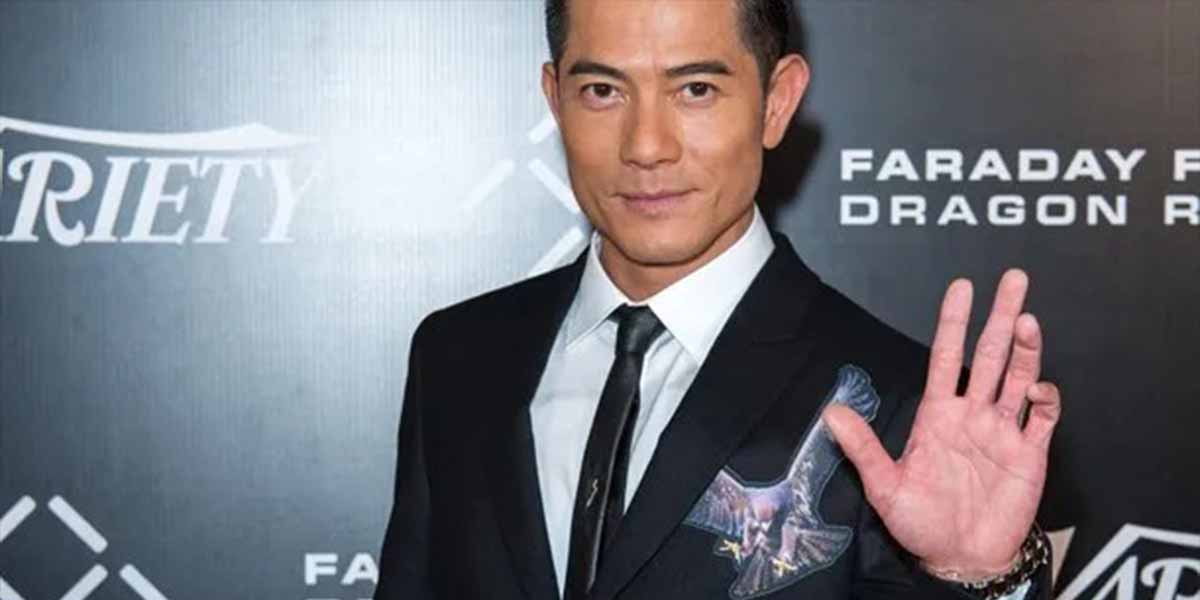
Aaron Kwok Drama ‘IOU’ Unveiled by Distribution Workshop at Hong Kong FilMart
2025-03-17
-

Distribution Workshop Picks Up Financial Scam Drama ‘IOU’ Starring Aaron Kwok
2025-03-17
-
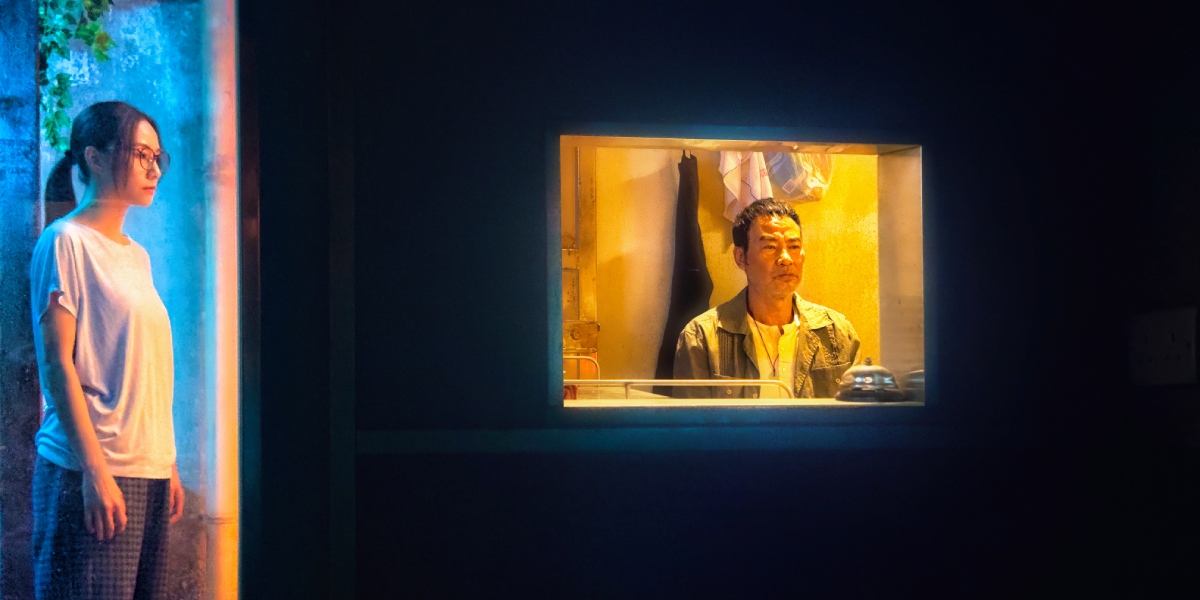
Film Review: Little Red Sweet (2024) by Vincent Chow
2024-11-08
-
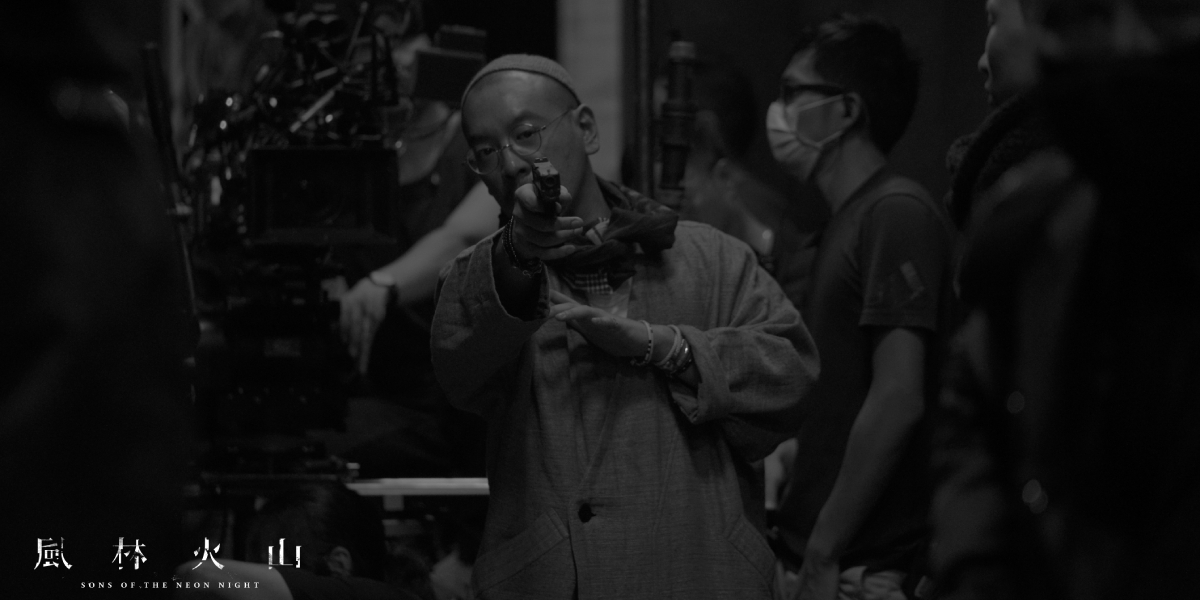
Juno Mak on Taking Ten Years to Direct Hong Kong’s Most Expensive Movie, ‘Sons of the Neon Night’: ‘I’ve Built a World Where it’s Freezing’ (EXCLUSIVE)
2024-10-04
-

Distribution Workshop To Launch Sales On Juno Mak’s ‘Sons Of The Neon Night’ At ACFM
2024-09-30










